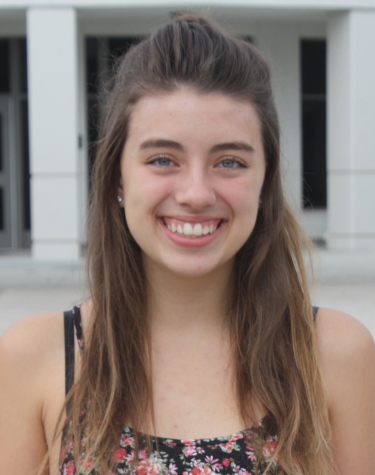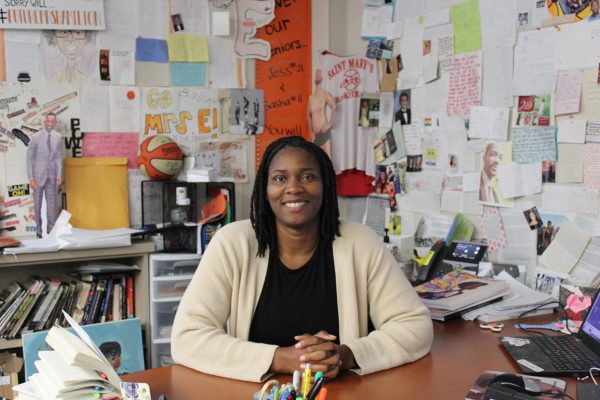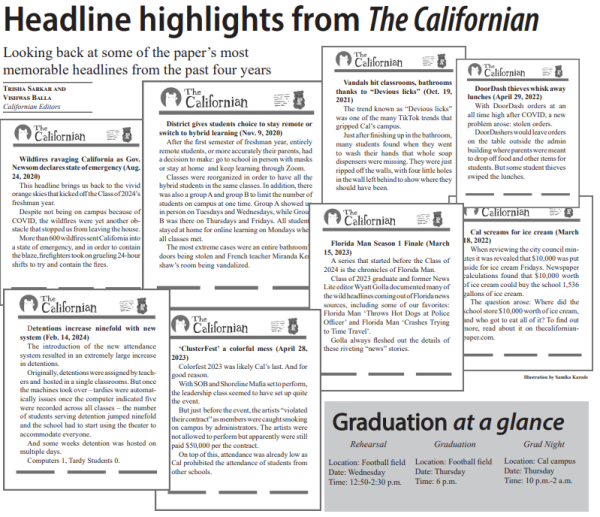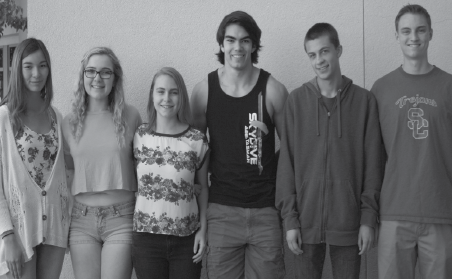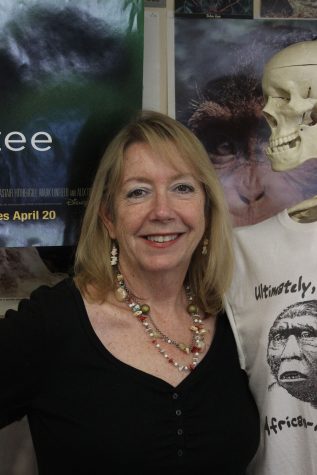Former editors offer sage college advice
Next fall, most of Cal High’s current seniors will leave home and begin their adult lives at colleges all across the country.
With the newfound freedoms of college life, large work loads, and the stress of having to start over, college can be both exciting and challenging for young adults.
To help the class of 2016 with this transition, The Californian asked former editors and 2015 graduates who are currently enrolled in college to offer some advice on life after graduation.
It’s important to remember to have realistic expectations, wherever you go.
“I promise you, college is nothing like the movies,” said former managing editor Erin Fox, who attends Santa Clara University. “You learn more about yourself in the first months of college than you do in all of high school.”
That being said, there’s no better place for a fresh start.
Students who have always wanted to change something about themselves can take advantage of this opportunity to go somewhere where no one knows you.
“Don’t be afraid to reinvent yourself in college – grow your hair out, take a dance class, stop wearing shoes,” said former news lite editor Sam Gershik, who attends Chapman University. “It’s one of the most liberating places to have new experiences.”
An aspect of college that scares many people is the drastic changes in the social scene. College life provides bountiful opportunity for students to expand their social circles.
“There are so many opportunities to meet people and participate in unique activities like live music events,” said former features editor Chandni Mistry.
Many students find their niche on campus by getting involved in Greek life. But those who choose to forgo rushing a fraternity or sorority can still find a way to fit in on campus.
“Greek life isn’t as central to campus culture as I originally thought,” said Mistry, who attends TCU. “It’s not the end of the world if you don’t choose to rush or if you don’t get into your top sorority or fraternity.”
While the social aspect of college is exciting, it’s important to remember not to neglect your studies. One way to avoid getting bad grades is to avoid procrastination.
“Don’t be nervous because college isn’t hard as long as you plan everything otherwise your workload will pile up and overwhelm you,” said former advertising manager Mira Aboutaam, who attends DVC.
The key to minimizing procrastination is for students to balance their time.
“You’re the one in control and making your own rules – when to sleep, when to study, when to eat, when to party,” said Fox.
Luckily, graduates reveal that the rigourous academics of Cal, which is ranked as one of the country’s most challenging high schools by the Washington Post, helped them prepare for college.
“Cal High has prepared me immensely for college level academics,” said former editor in chief Austin Hille.
“In my time at the University of Mississippi, I have been able to excel in all my courses as well as my extra-curricular activities, something of which I know can be attributed to the experience and I received during high school,” Hille added.
Another thing every student spends a great deal of time thinking about is food. While the prospect of not having to cook or do dishes is appealing, don’t expect home-cooked meals every night.
“The food on campus is, well, food,” Mistry said. “It’s great for the first month or two, but it does get monotonous. Plan out off-campus dining to switch things up.”
And even though college can get lonely, students must remember that it does get better.
“Remember that there are always people on your campus that care about you,” said Fox. “Even when the weight of the world feels heavy on your shoulders sometimes, you’re always supported and never alone.”
